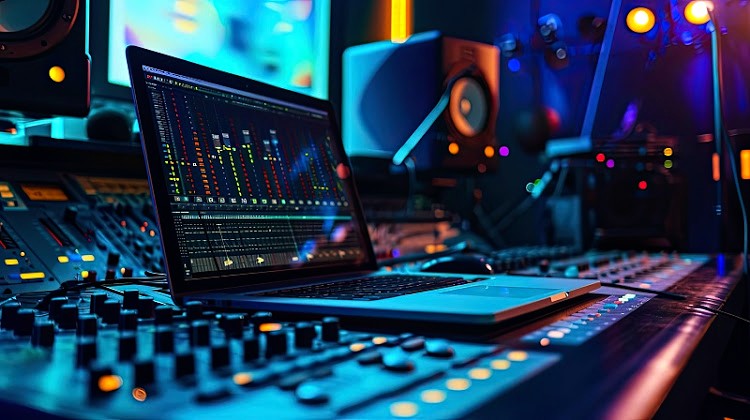
Copyright Infringement: World’s Top Record Labels Sue AI Companies
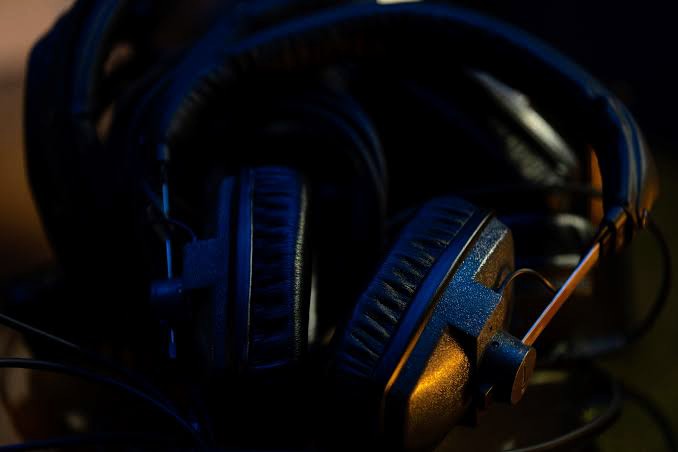
In a significant legal battle, major record labels are suing AI start-ups Suno and Udio for massive copyright violations. Specifically, Sony Music, Universal Music Group, and Warner Records allege that these companies unlawfully copy music on a vast scale. They claim Suno and Udio’s software replicates music, demanding $150,000 per infringement.
Copyright: The Allegations and Companies Involved
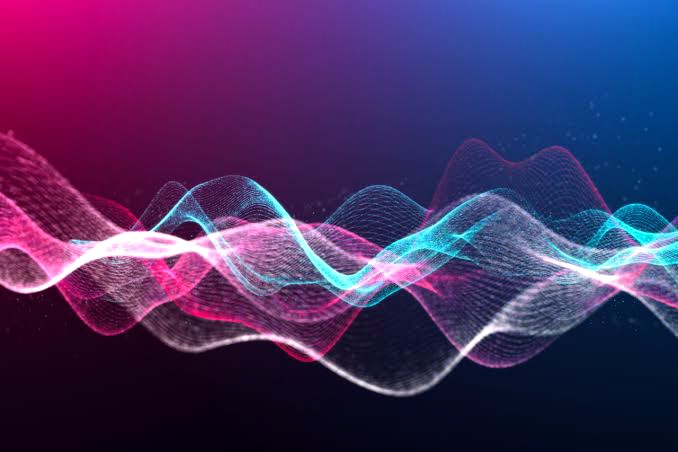
The legal complaints, filed in federal court in Massachusetts and New York, underscore the allegations against the AI start-ups. Allegedly, Suno and Udio’s software systems ingest copyrighted recordings to produce music closely resembling the originals. Consequently, this practice, they argue, infringes upon copyright laws designed to safeguard creators’ rights.
Suno’s Background and Business Model
Suno, based in Massachusetts, released its first product last year. The company boasts that more than 10 million users have utilized its tool to create music. Suno partnered with Microsoft and charges a monthly fee for its services. Recently, it announced a successful fundraising effort, securing $125 million from investors. Despite the gravity of the allegations, Suno remains silent, declining to comment on the lawsuit.
Udio’s Rise and Defense
Conversely, Udio, also known as Uncharted Labs and based in New York, issued a response to the lawsuit. In a recent blog post, Udio stated it has no interest in reproducing existing content. The company, supported by prominent venture capital firms like Andreessen Horowitz, gained attention following the public release of its app in April. Notably, the app generated “BBL Drizzy,” a parody track tied to the Kendrick Lamar and Drake artist feud. Udio defends its technology, emphasizing it aims to create music that reflects innovative musical concepts. They also highlight ongoing efforts to employ advanced filters preventing the reproduction of copyrighted works or artist voices.
Broader Legal Context and Implications

The lawsuits form part of a broader wave of legal challenges against AI firms. Authors, news organizations, and other groups increasingly question the rights of AI companies to use their work without permission. The Recording Industry Association of America, which announced the lawsuits on Monday, represents the interests of these record labels and underscores the potentially significant impact of these legal battles on the future of AI and intellectual property law.
Fair Use Doctrine and AI’s Defense
In their defense, AI firms often cite the fair use doctrine. This legal principle allows copyrighted works to be used without a license under specific conditions, such as for satire and news. Supporters of AI technology argue that machine learning by AI tools is analogous to the way humans learn by reading, hearing, and seeing previous works. They contend that this process is essential for AI to generate new, innovative content.
Copyright: The Stakes for the Music Industry
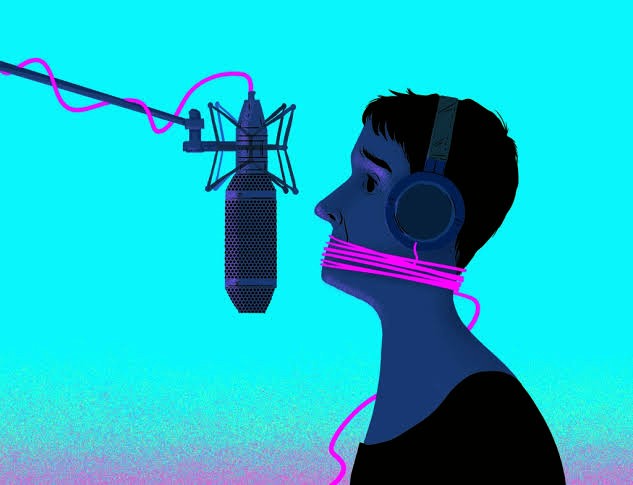
The record labels argue that the AI firms’ actions jeopardize the core principles of copyright protection. They contend that the commercial motive behind these AI-generated works could potentially supplant genuine human artistry. Consequently, they warn, this could have profound and far-reaching consequences for the music ecosystem.
Specific Works Cited in the Lawsuits
The complaints specify instances of alleged copyright infringement. For instance, the AI-generated track “Prancing Queen” closely mimics an ABBA recording. In another instance, the Udio lawsuit mentions iconic songs like Mariah Carey’s “All I Want for Christmas is You” and The Temptations’ “My Girl.” Record labels argue these examples directly copy their copyrighted material, diminishing the original works’ value.
Industry and Artist Reactions
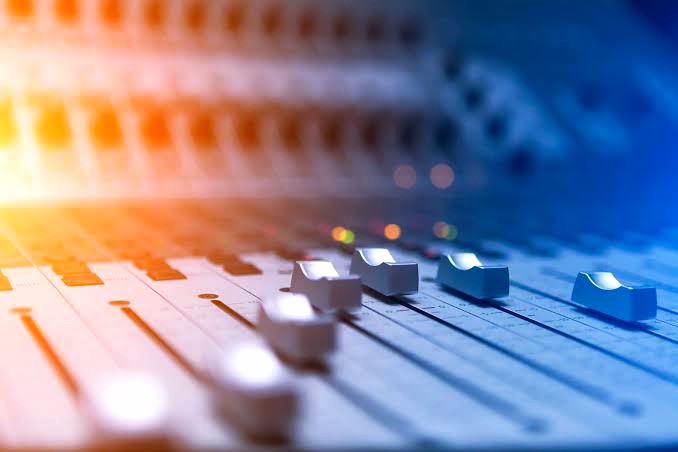
The lawsuits follow heightened concerns among artists and industry figures regarding AI’s influence on the music sector. Earlier, about 200 artists, including Billie Eilish and Nicki Minaj, signed a petition opposing AI’s “predatory” impact on music. Specifically, they contend that unchecked AI could devalue their creative work and destabilize the music industry’s economic base.
Billie Eilish and Nicki Minaj’s Stance
Billie Eilish and Nicki Minaj voice their concerns regarding AI’s potential to exploit their work. Moreover, they, along with other artists, argue that AI-generated content mimicking their style or using their voices without permission constitutes a form of exploitation. This sentiment echoes throughout the industry, as many fear that AI could ultimately devalue artistic labor.
Copyright: Legal and Ethical Considerations

The legal battles between AI firms and copyright holders raise significant questions about the future of intellectual property law. As AI technology advances, the boundaries of copyright protection and fair use face scrutiny. Consequently, the outcomes of these lawsuits could establish crucial precedents for regulating and protecting AI-generated content under the law.
Ethical Implications for AI Development
Beyond the legal considerations, there are also ethical questions about the development and use of AI in creative industries. Critics argue that AI should not create content that closely mimics or replicates human-created works without proper attribution and compensation. Furthermore, they contend that failing to address these ethical issues could lead to a cultural landscape where genuine human creativity is overshadowed by machine-generated imitations.
The Future of AI and Copyright Law
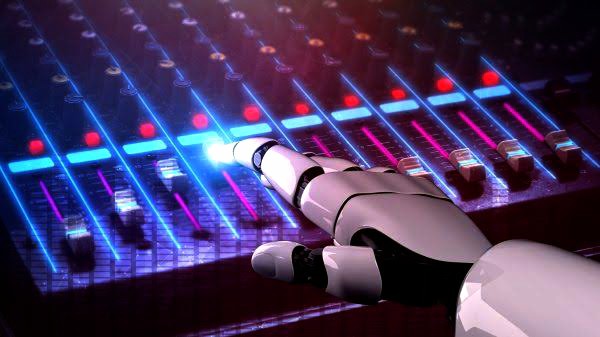
The lawsuits against Suno and Udio likely mark the beginning of a broader legal and regulatory effort to address the challenges posed by AI. Consequently, as these cases progress through the courts, they will likely influence future legislation and industry practices regarding AI and copyright.
Potential Regulatory Changes
Lawmakers and regulators may look to these cases as a basis for crafting new laws that specifically address the use of AI in creative industries. This could include stricter requirements for transparency and accountability in how AI models are trained and used. Additionally, there may be calls for more robust mechanisms to ensure that creators receive fair compensation when AI systems use their work.
Impact on AI Innovation
On the other hand, there is also concern that overly restrictive regulations could stifle innovation in the AI field. Proponents of AI technology argue that it has the potential to drive significant advancements in various industries, including music, by enabling new forms of creativity and expression. However, they caution that the legal framework should strike a balance between protecting intellectual property and fostering innovation.
Overall
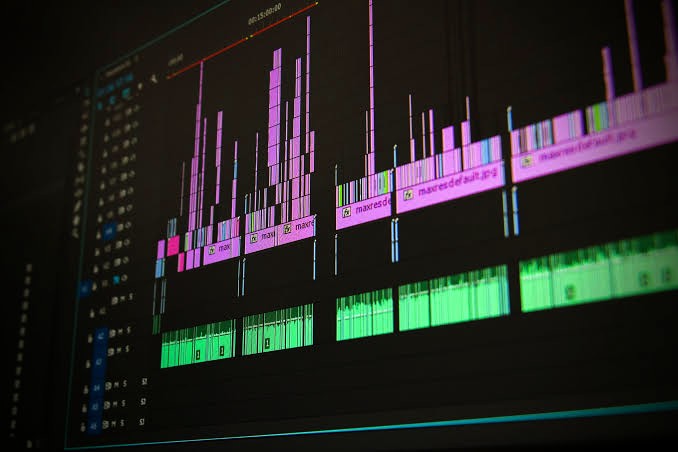
The lawsuits filed by major record labels against AI start-ups Suno and Udio highlight a critical phase in the AI-copyright debate. Consequently, these legal battles have the potential to profoundly impact music, AI technology, and intellectual property laws. Moreover, they could redefine AI’s role in creativity and strengthen protections for human artistry in digital realms.
Ultimately, the challenge lies in finding a balance between embracing the potential of AI and safeguarding the rights of creators. As the legal battles continue, stakeholders across the industry will closely watch for developments that could redefine the landscape of music and technology.
Click to read more on this news
Related Topics
Jeffrey Daniel Affirms Michael Jackson’s Enduring Legacy as the G.O.A.T of Pop Music


